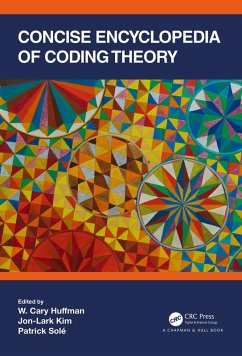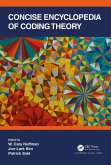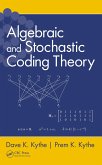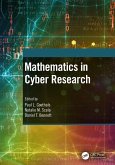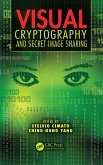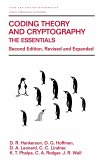Most topics covered in the Concise Encyclopedia of Coding Theory are presented in short sections at an introductory level and progress from basic to advanced level, with definitions, examples, and many references.
The book is divided into three parts:
Part I fundamentals: cyclic codes, skew cyclic codes, quasi-cyclic codes, self-dual codes, codes and designs, codes over rings, convolutional codes, performance bounds
Part II families: AG codes, group algebra codes, few-weight codes, Boolean function codes, codes over graphs
Part III applications: alternative metrics, algorithmic techniques, interpolation decoding, pseudo-random sequences, lattices, quantum coding, space-time codes, network coding, distributed storage, secret-sharing, and code-based-cryptography.
Features
- Suitable for students and researchers in a wide range of mathematical disciplines
- Contains many examples and references
- Most topics take the reader to the frontiers of research
Dieser Download kann aus rechtlichen Gründen nur mit Rechnungsadresse in A, B, BG, CY, CZ, D, DK, EW, E, FIN, F, GR, HR, H, IRL, I, LT, L, LR, M, NL, PL, P, R, S, SLO, SK ausgeliefert werden.
- Emeritus Professor Harold Ward, University of Virginia
"Featuring a wealth of examples and references, and addressing topics on the cutting edge of research and practice, Concise Encyclopedia of Coding Theory is especially useful for students and researchers in a wide range of mathematical disciplines, as well as is an ideal textbook for coding theory curriculums. While especially and unreservedly recommended for college and university library Combinatorics, Information Theory, and Web Encryption collections and supplemental studies curriculums, it should be noted for the personal reading lists of professional coders, coding students, academia, and non-specialist general readers with an interest in the subject"
- Midwest Book Review

